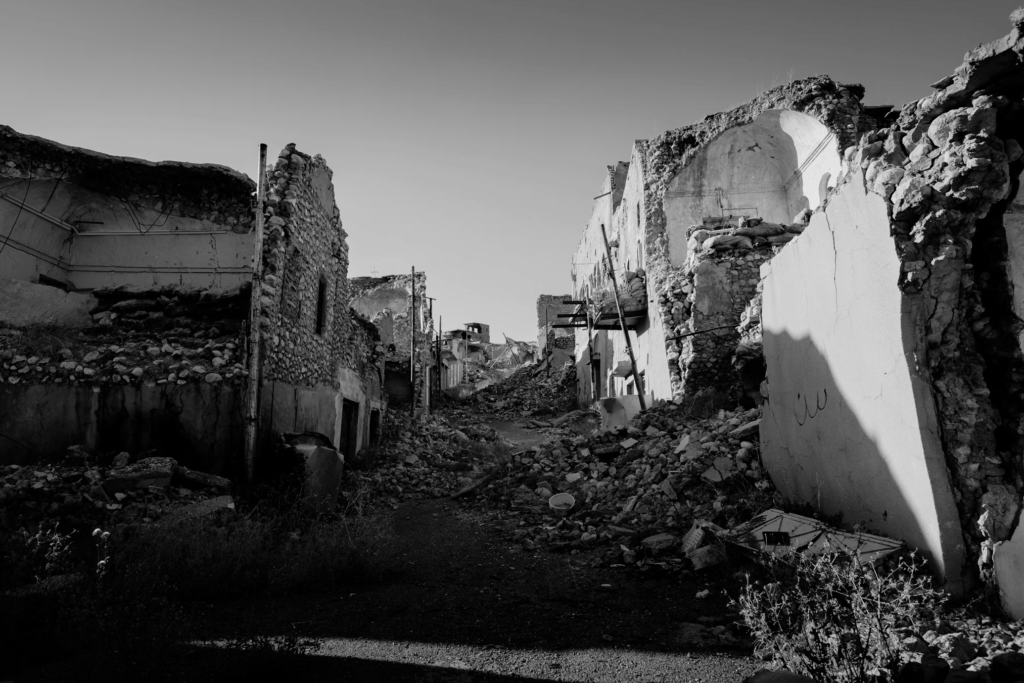As international tensions rise and fears of a potential World War III intensify, many are increasingly concerned about the possibility of reinstated military conscription.
With escalating clashes between Iran and Israel, ongoing Russian military provocations, and heightened geopolitical instability, the prospect of draft orders in countries like the US and UK feels more imminent than ever.
Fortunately, certain professions and circumstances may provide exemptions or alternative service options, offering some individuals a way to avoid frontline combat.
If a global conflict erupts, here are five career paths that could potentially shield you from being drafted.
The idea of a large-scale war is no longer confined to fiction. Despite a tentative ceasefire, tensions between Iran and Israel persist, while Russia’s aggressive military stance continues unabated.
When asked about Russian President Vladimir Putin’s ambitions, former US President Donald Trump told The Independent, “It’s possible he has wider goals. I consider him misguided, but he does want to find a way out—it’s a mess for him.”
These remarks came amid NATO discussions in the Netherlands, where leaders agreed to significantly boost defense budgets in response to the growing threats.

With the world inching closer to the possibility of full-scale warfare, public concern over the return of conscription is mounting. While current US draft systems do not formally exempt specific professions, those working in essential fields might be assigned non-combat roles due to their critical contributions.
Professions such as clergy members, engineers, medical personnel, educators, and utility workers responsible for maintaining vital infrastructure are likely to be considered indispensable. According to The Mirror, these roles could offer some protection from direct military service.
Historically, during World War II, conscientious objectors in the UK were allowed to serve in civilian capacities rather than taking up arms, reflecting a precedent for alternative service options based on moral or religious grounds.
UK parliamentary archives show conscription began even before the outbreak of WWII. The Military Training Act of May 1939 required unmarried men aged 20 to 22 to undergo six months of military training.
This was expanded with the National Service Act to include all men aged 18 to 41 when Britain declared war in September 1939, later extending to men and women up to 60 years old.
Exemptions were granted to workers in essential sectors like farming, baking, engineering, and healthcare to maintain the home front.
A parliamentary report noted challenges in filling roles such as police forces, civilian defense, and auxiliary military units, especially among women.
Mike Martin, a UK MP and Afghanistan veteran, asserts that war with Russia is a realistic possibility. “If a full-scale conflict breaks out, conscription would become unavoidable,” he said. “A strong military acts as a deterrent and lowers the chances of war.”
Martin, who has firsthand combat experience, stressed, “Peace requires strength. My support for bolstering the military is to prevent conflict, not to promote it.”
These remarks coincide with Russian President Putin’s announcement of mass production for the hypersonic Oreshnik missiles, capable of striking targets over 3,400 miles away. These weapons, deployed during Russia’s 2024 Ukraine offensive, can potentially reach US and European territories.
Putin claimed these missiles rival nuclear arms in destructive power and are “impossible to intercept.” The plan to station them in Belarus, bordering NATO countries, has raised alarm among Western defense analysts, though some remain skeptical, noting the missiles are still in experimental stages.
As tensions mount, the possibility of draft reinstatement is a pressing issue. However, history and current policies suggest that individuals in essential jobs such as healthcare, engineering, education, and infrastructure might avoid frontline combat. Additionally, those with genuine conscientious objections could be assigned to alternative non-combat duties.
While the future remains uncertain, the hope is that military readiness and deterrence will prevent escalation into full-scale war. For now, knowing which roles might offer protection from conscription provides some peace of mind amid global instability.
